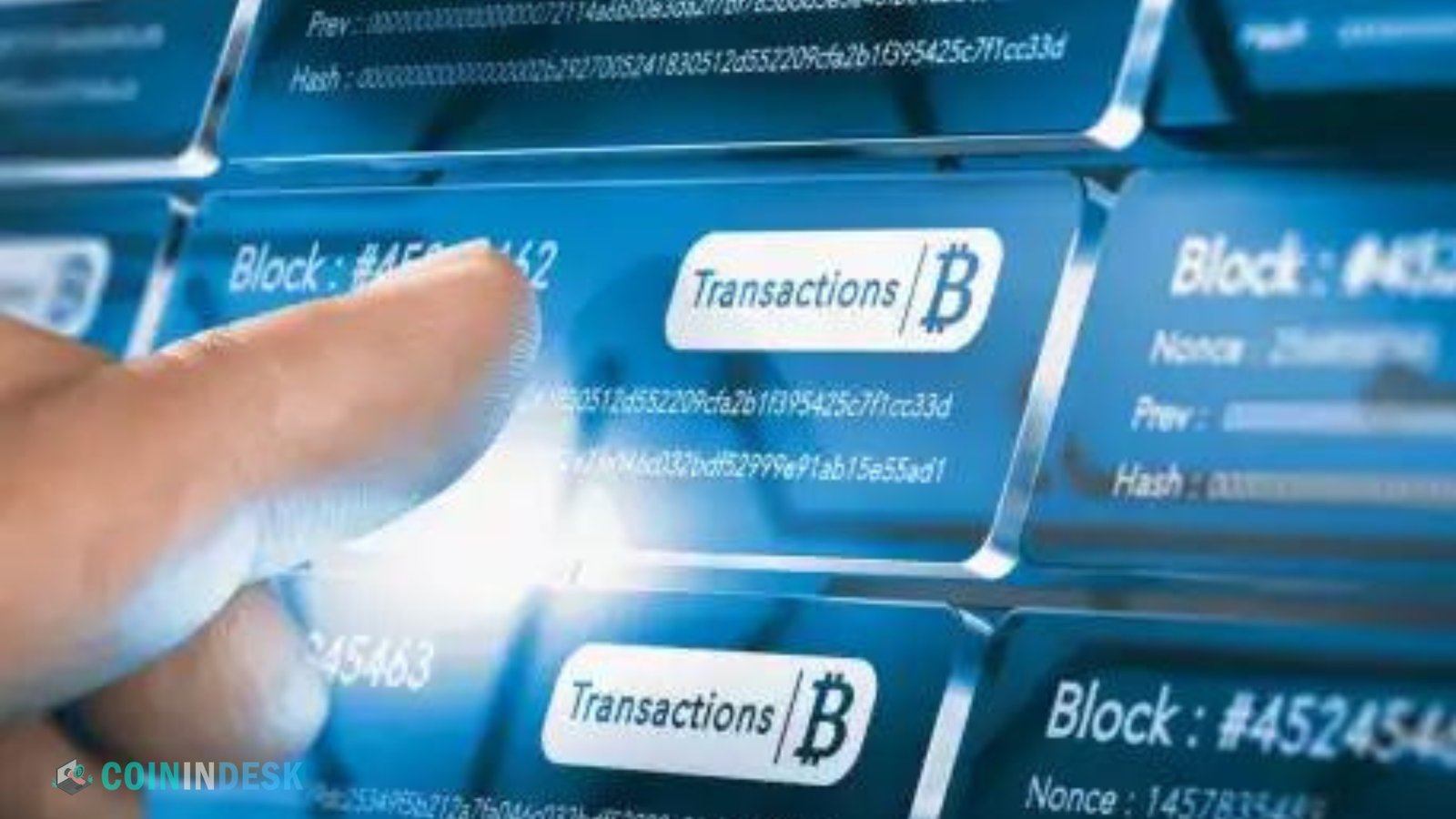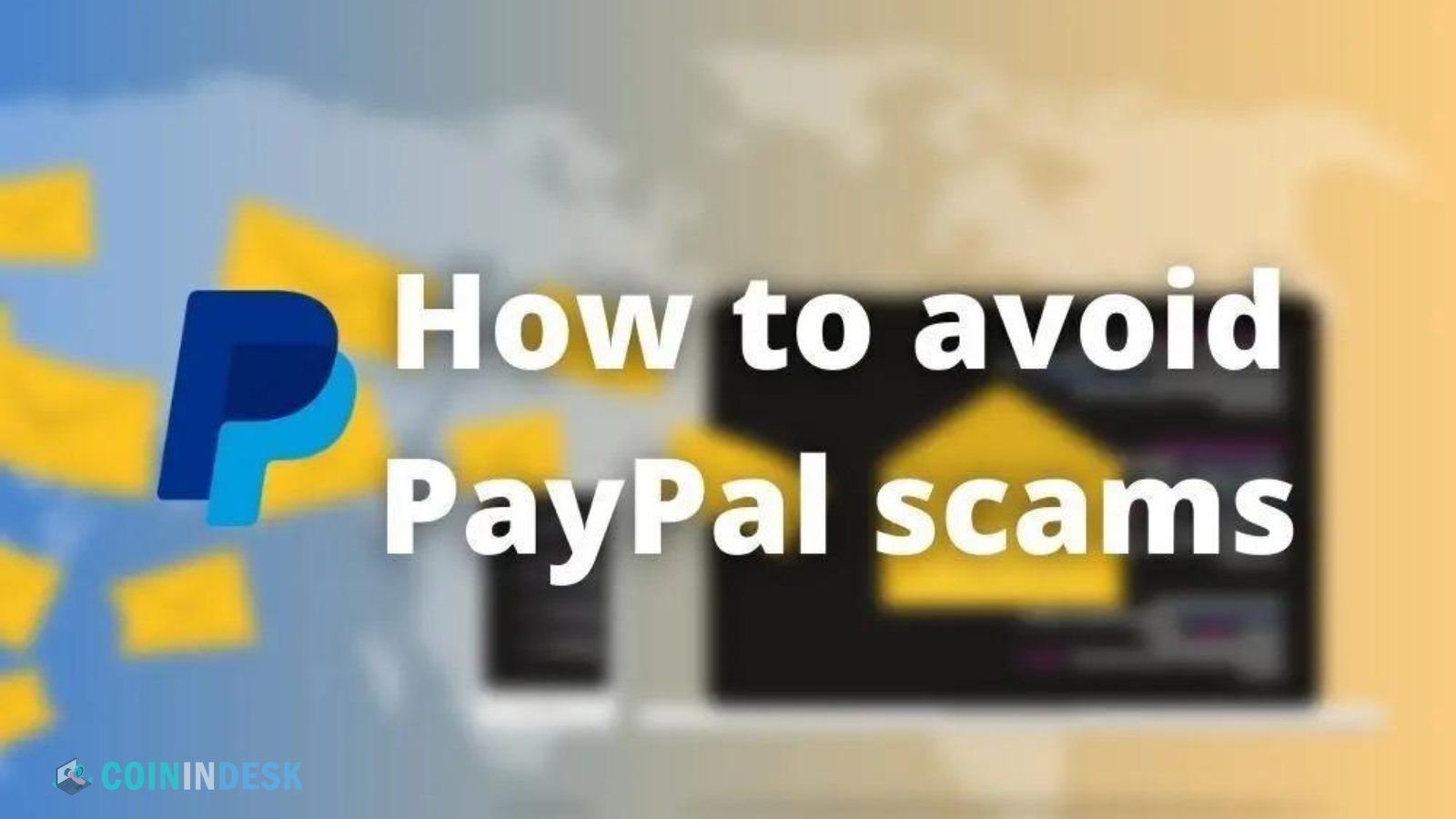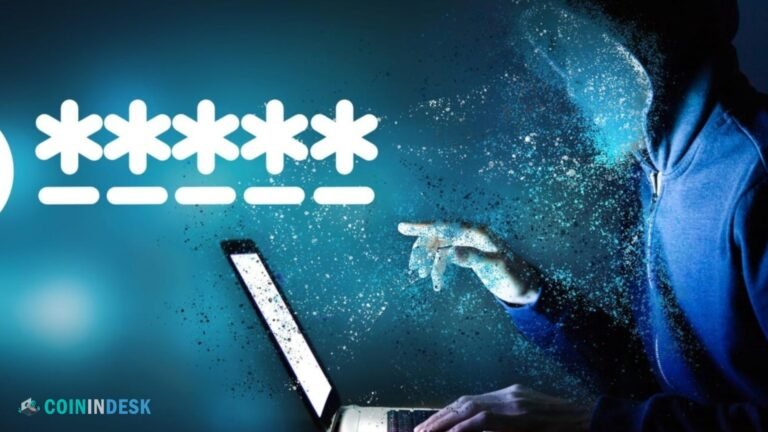PayPal Bitcoin Scams: The rapid rise of cryptocurrency, particularly Bitcoin, has created a fertile ground for scammers. In the last few years, the combination of PayPal’s wide reach and Bitcoin’s appeal has given rise to a new wave of scams. These schemes exploit the growing popularity of both platforms, preying on users who may not be fully aware of the risks. This article delves into the latest trends in PayPal Bitcoin scams, how they operate, and the steps you can take to protect yourself.
Understanding the PayPal-Bitcoin Nexus
PayPal, one of the world’s leading online payment platforms, and Bitcoin, the pioneering cryptocurrency, represent two significant developments in the financial landscape. PayPal’s global user base of over 400 million and Bitcoin’s increasing acceptance as a legitimate form of payment have made them targets for cybercriminals. Fusing these two platforms has led to innovative yet dangerous scam tactics.
Since 2020, PayPal has allowed users to buy, sell, and hold Bitcoin and other cryptocurrencies directly within its app. This convenience, however, has also opened the door to new types of fraud. Scammers have quickly adapted, finding creative ways to exploit PayPal’s Bitcoin features.
Common PayPal Bitcoin Scams
Fake Bitcoin Investment Schemes
One prevalent scam involves fake investment opportunities. Scammers create fake websites or social media profiles that claim to offer Bitcoin investments with guaranteed high returns. These sites often mimic legitimate services, using professional-looking designs and even fake testimonials to lure victims.
Once the victim decides to invest, they are prompted to send Bitcoin via PayPal. The transaction may appear legitimate initially, but the scammer quickly disappears, taking the Bitcoin. Victims are left with no recourse as cryptocurrency transactions are irreversible.
Phishing Scams Targeting PayPal Accounts
Phishing remains a tried-and-true method for scammers, but it has evolved to target the intersection of PayPal and Bitcoin. In these scams, users receive emails or messages that appear to be from PayPal, informing them of suspicious activity or a problem with their account related to a Bitcoin transaction.
The message typically includes a link to a fake PayPal login page asking users to enter their credentials. Once the scammer can access the victim’s PayPal account, they can drain funds or use it to make unauthorized Bitcoin purchases.
Chargeback Fraud
Chargeback fraud has become a significant issue with PayPal Bitcoin transactions. In this scam, a buyer purchases Bitcoin from a seller using PayPal. After receiving the Bitcoin, the buyer files a chargeback claim with PayPal, falsely claiming they did not receive the product or that their account was hacked.
Due to PayPal’s buyer protection policies, the platform often sides with the buyer and refunds the money. Meanwhile, the seller has transferred the Bitcoin and has no funds or recourse, as Bitcoin transactions cannot be reversed.
Fake PayPal Bitcoin Exchanges
Scammers have also set up fake Bitcoin exchange services affiliated with PayPal. These exchanges promise low fees and fast transactions to lure users. Once a user sends funds to the exchange, the scammers disappear with the money.
These fake exchanges often use URLs and branding that closely resemble legitimate PayPal sites, making it difficult for users to differentiate between the real and the fake.
Malware and Ransomware
Another method scammers use involves malware and ransomware attacks targeting PayPal and Bitcoin users. In these schemes, victims unknowingly download malicious software that can track their keystrokes, steal passwords, and gain access to PayPal and cryptocurrency wallets.
Some ransomware attacks specifically target Bitcoin wallets, locking users out of their accounts and demanding a ransom in Bitcoin to regain access. In many cases, the scammers do not restore access even after paying the ransom.
How to Protect Yourself from PayPal Bitcoin Scams
Given the increasing sophistication of these scams, it’s crucial to take proactive measures to protect yourself. Here are some key steps you can take:
Educate Yourself and Stay Informed
Knowledge is your first line of defense. Stay updated on the latest scam trends involving PayPal and Bitcoin. Regularly visit trusted sources of information on cybersecurity and digital currencies. Understanding how these scams work can help you avoid falling victim to them.
Use Strong, Unique Passwords
Ensure that strong, unique passwords protect your PayPal and cryptocurrency accounts. Avoid using the same password across multiple platforms. Consider using a reputable password manager to generate and store complex passwords securely.
Enable Two-Factor Authentication (2FA)
Enable 2FA on both your PayPal and cryptocurrency accounts. This adds an extra layer of security by requiring a second form of verification, such as a code sent to your mobile device, before access is granted.
Be Wary of Unsolicited Offers
Be skeptical of unsolicited offers via email, social media, or even phone calls. Legitimate companies rarely, if ever, ask for personal information or request payments through unconventional methods like gift cards or direct Bitcoin transfers.
Verify URLs and Emails
Before clicking on a link or entering personal information, verify the URL. Scammers often use URLs similar to legitimate ones but with small differences. Hover over links to see the destination URL, and be cautious of any suspicious or urgent emails.
Avoid Public Wi-Fi for Financial Transactions
Public Wi-Fi networks are less secure and can be a hotbed for cybercriminals looking to intercept data. Avoid conducting financial transactions over public Wi-Fi, especially involving PayPal or Bitcoin. Use a safe, private connection instead.
Regularly Monitor Your Accounts
Regularly check your PayPal and cryptocurrency accounts for unauthorized transactions. The sooner you spot suspicious activity, the quicker you can take action to mitigate the damage. Set up alerts for transactions over a certain amount to stay informed in real-time.
Report Scams Immediately
If you encounter or fall victim to a scam, report it immediately to PayPal and any other relevant authorities. Reporting scams helps protect others and increases the chances of recovering lost funds.
Conclusion
As Bitcoin continues to grow in popularity, so will the scams seeking to exploit it. PayPal users are particularly vulnerable due to the platform’s integration with cryptocurrency services. By staying informed, practicing good cybersecurity hygiene, and being cautious of suspicious activities, you can significantly reduce your risk of falling victim to PayPal Bitcoin scams. Remember, the best defense is a proactive and informed approach to online security.


